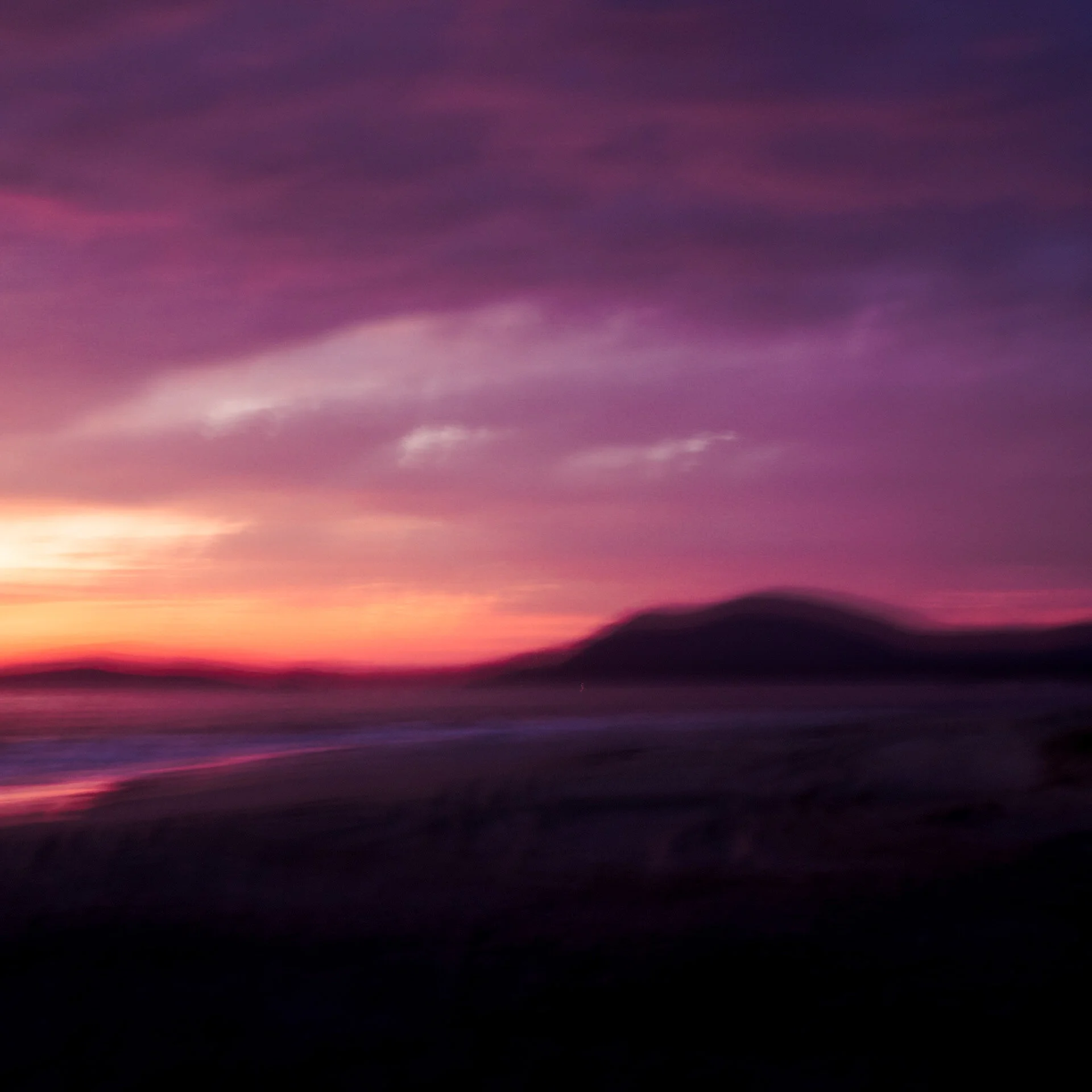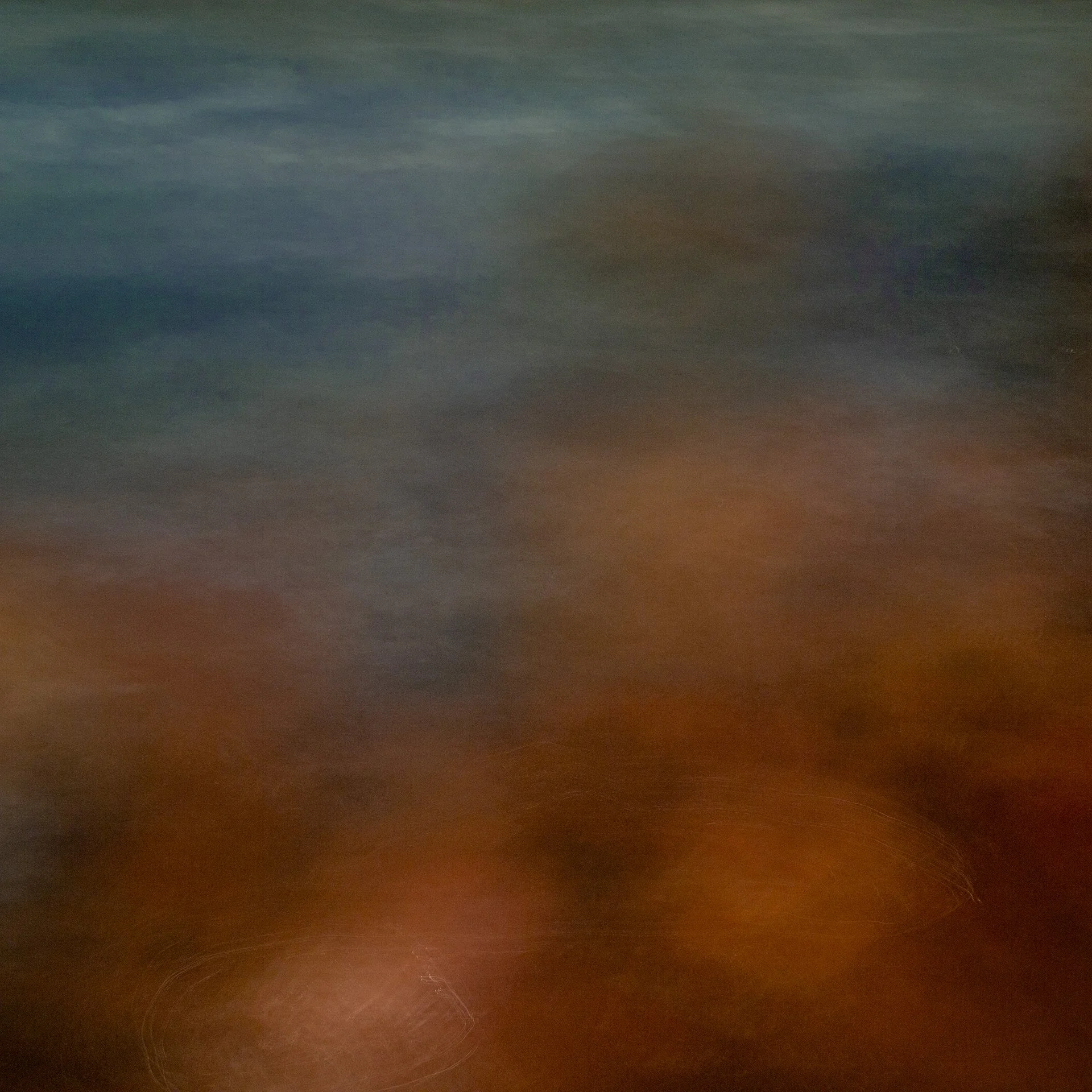tone trumps colour
Gordon Undy looked me straight in the eye, with a lovely wirily smile, and said ‘Len, tone trumps colour’. His words have reverberated in my mind ever since. At the time I was still trying to understand the tonal compositions underlying my colour artworks.
They reverberate because tone is an optical phenomenon, an illusion, something we perceive as not being real. It changes so readily with shifting light. As artists we need to learn to see tone. Yet colour is such an easy a concept to grasp. Usually we can identify the colour despite its tone. Colour dominates our memory and our attention. We learn our colours early on in life and spend so much of our time noticing them. We appear to notice so many things by colour.
What Gordon is saying is that tone does the work, whilst colour takes on a secondary role. Yet colour so often gets the credit. Contrast actually does a lot of the work if we are to be truely analytical. Psychological contrast and contrast discrimination helps us sort out the apparent contrast of two objects (simultaneous contrast) or sequentially (successive contrast) when it is between an object and a background.
Intense tonal composition really starts to hit us in art in the fifteenth century in the renascence. This is hypothesised by ‘Hockney and Falco Thesis’ that describes how optics comes into art with the projection of an image. Interestingly to project a figure you need really bright directional lighting on the original figure to project it onto the painting surface. Hockney even goes so far as to say that is why Caravaggio’s paintings have such strong tonal contrasts.
If you want some clear historical evidence as to this notion of tone trumping colour, I recommend you study a few Caravaggio paintings, and notice how he uses tones to steer the viewers eyes around the painting and to the most important elements in the artwork.
Interestingly, my Panasonic camera, a long term favourite for film makers, has a monochrome setting to allow the cinematographer to see what they are filming in monochrome, yet capture the scene in full colour video. Even a few professional photographers have their cameras set to monochrome when they are photographing in colour to help them judge the monochromatic compositions.
Many a great fine art printer advocates converting your colour work to monochrome in the assessment stage of editing so that you can clearly see the tonal structure underlying an image before setting down the path of post production.
I have so often advocated the need for artists to spend some time leaning to understand tonal composition as a way of improving their colour art. Photographers are so lucky to be able to do this so easily with monochromatic photography.
I actually advocate that photographers spend a period of their lives studying monochrome photography by immersing themselves in it fully. A couple of rolls every week of one film, developed in one developer over a year is often sighted as the gold standard in learning. Actually this is usually extended to one prime lens as well. Wow what amazing dedication is that.
Perhaps that is going to far for you, but an extended period of time concentrating on your tonal compositions will indeed improve your colour photography.
On that note, I’d like to finish up by talking about my Monochrome Lens Workshop that I am running by distance throughout the last few months of the year. It is taught on Saturdays, via a zoom class every fortnight. It gives some space between sessions for you to contemplate, practice and absorb your learning before moving on. The course is designed to help you understand how monochromatic photography works, and how you can use this knowledge to improve your photography. We will look at setting up your camera and capturing a solid raw file for you to work with. We will look at monochromatic workflows. We will look at post processing and printing. The course includes ten two hour classroom sessions and two one hour private mentoring sessions.
Limited spaces, book now https://www.lensschool.com/workshops-tours/monochrome-lens-2021












